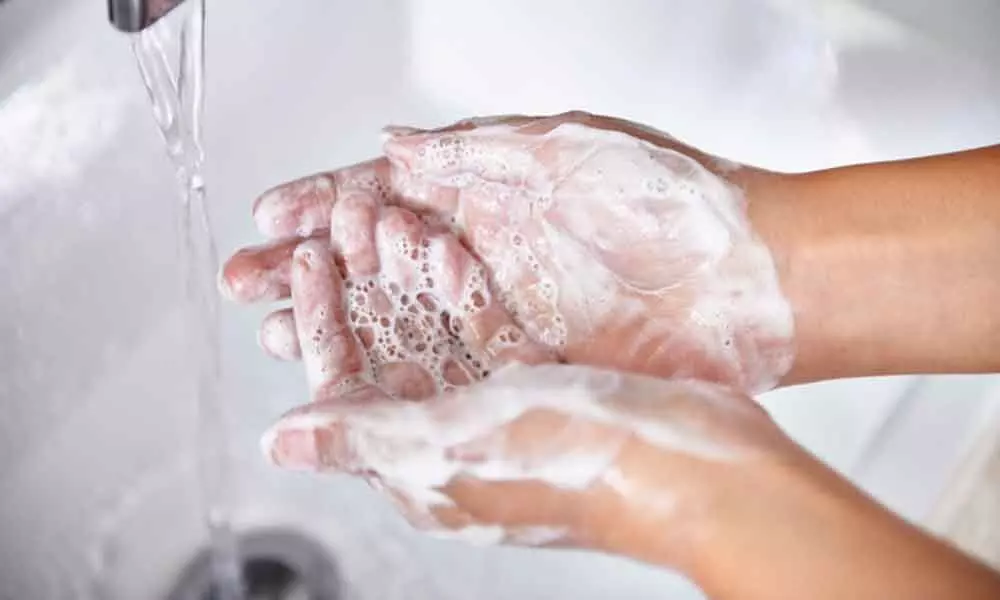Live
- Formula 1: I didn't really want to come back after Brazilian GP, admits Hamilton
- IND vs AUS BGT 2024-25: Pat Cummins says the pressure of playing at home is there but team well prepared to beat India and win Border-Gavaskar Trophy
- Yastika Bhatia ruled out of remainder of WBBL 10 due to wrist fracture
- Telangana Assembly Sessions to be Held in the Second Week of December
- Must watch, says CM Yogi after seeing ‘The Sabarmati Report’; makes it tax-free in UP
- Worsening air pollution in Mongolian capital sparks public alarm
- Over 9 in 10 Indian leaders anticipate an increase in cybersecurity budgets next year
- Every nation must embrace Buddhist doctrine of peaceful co-existence: Rajnath Singh at ASEAN meeting
- India’s export outlook brighter as manufactured goods gain share: RBI
- Vivah Panchami 2024: Date, Rituals, and Spiritual Significance









